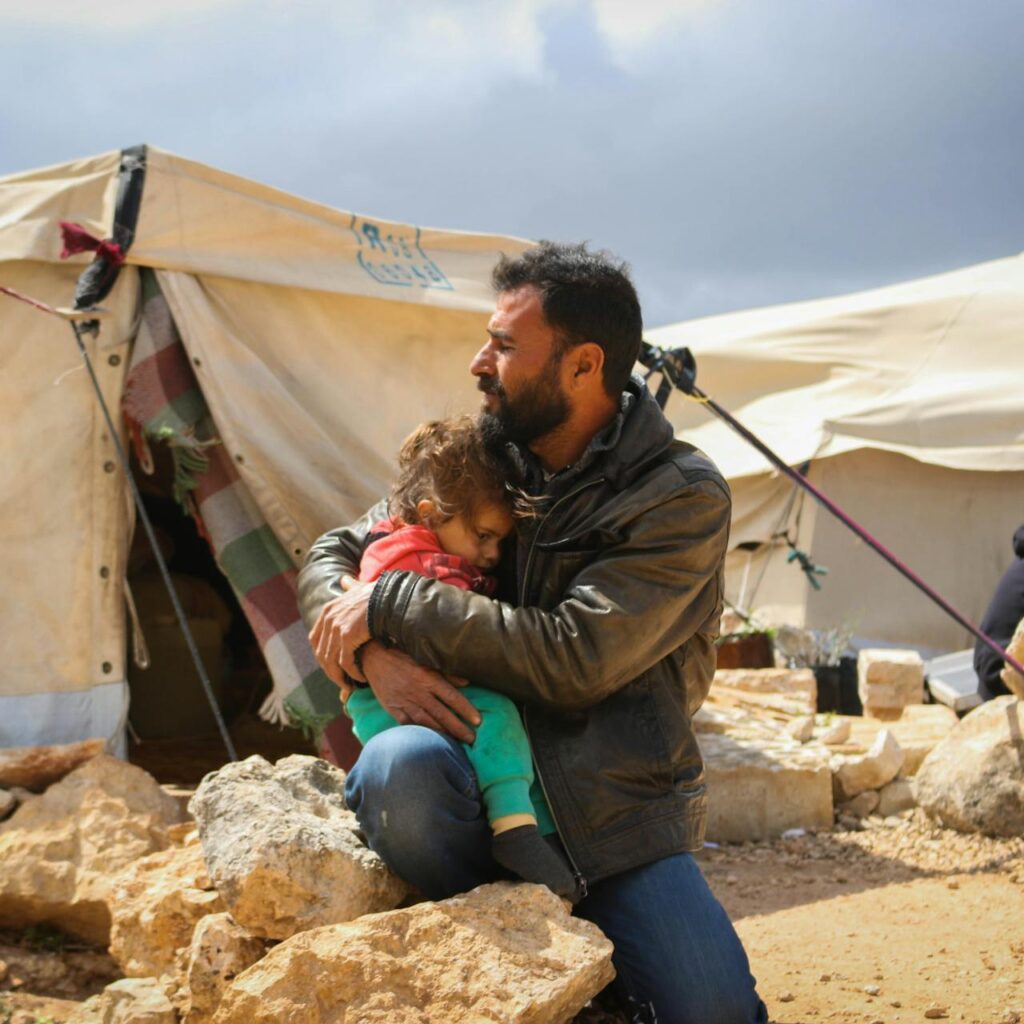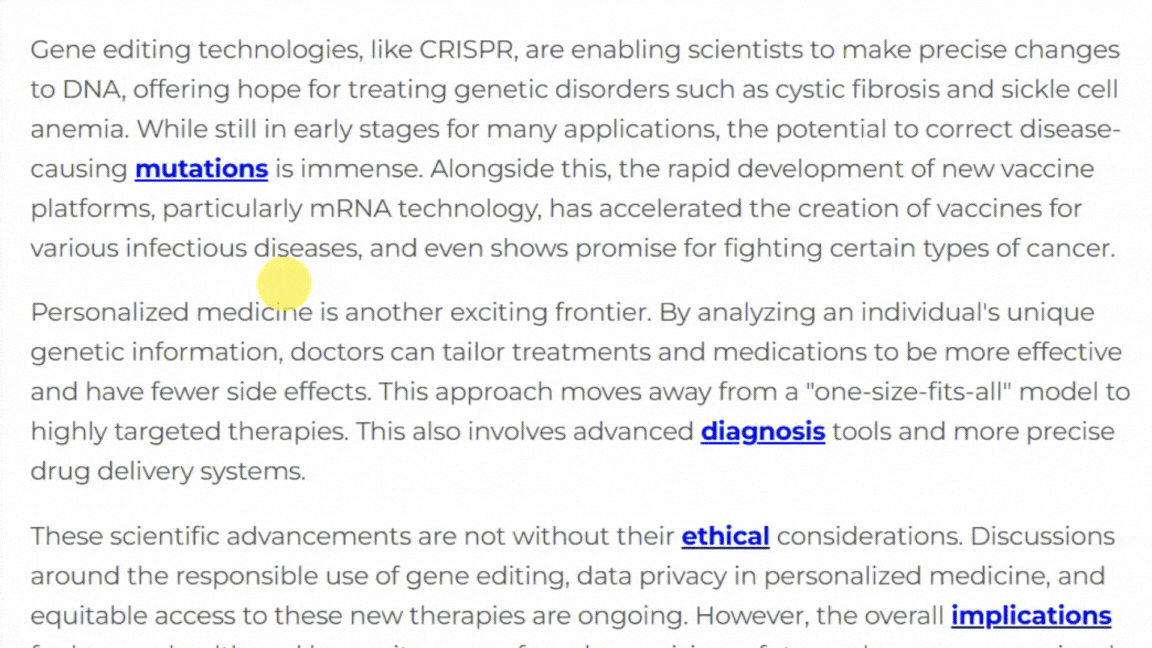Amber Talk
Enhance Your Conversation
Amber Talk
Enhance Your Conversation

Humanitarian Crises
Breaking News
Listen
Scroll Down For Speaking Practice. Click ‘Practice Speaking Now’ to start.
Read
Across the globe, several regions are currently grappling with ongoing conflicts and complex humanitarian crises. From the Middle East, particularly Gaza, to Eastern Europe in Ukraine, and parts of Africa like Sudan, millions of lives are being profoundly affected. These situations highlight the devastating human cost of war and the immense challenges involved in providing aid and seeking peaceful resolutions.
In places like Ukraine, the invasion has led to widespread destruction and a massive displacement of people. Many have fled their homes, becoming refugees in neighboring countries or internally displaced within their own borders. Similarly, the situation in Gaza continues to be a source of deep international concern, with constant calls for a ceasefire to allow essential aid to reach civilians.
Meanwhile, in Sudan, a severe conflict has created one of the world's largest famine threats, with millions facing extreme hunger and a lack of basic necessities. International organizations are working tirelessly to deliver humanitarian aid, but access to affected areas remains a significant challenge.
Diplomatic efforts are ongoing, with various nations and international bodies attempting to mediate peace talks and negotiate safe passages for civilians and aid workers. However, achieving lasting peace and stability in these complex regions requires sustained global commitment and a focus on addressing the root causes of these conflicts. The world watches, hoping for an end to the suffering and a path towards recovery and rebuilding.
Let's Talk About It!
- 1. How do conflicts in one part of the world affect people in other countries?
- 2. What are the most important things people need when they are forced to leave their homes because of conflict?
- 3. How can ordinary people help those affected by humanitarian crises, even if they live far away?
- 4. Do you think international organizations are effective at delivering aid in conflict zones? Why or why not?
- 5. What role do you think social media plays in informing people about global conflicts? Is it always reliable?
- 6. Why do you think it is so difficult to achieve lasting peace in some conflict-affected regions?
- 7. How important is it for countries to accept refugees from conflict zones? What are the challenges?
- 8. What are some ways to prevent conflicts from starting in the first place?
- 9. How do you think children are affected by growing up in areas with ongoing conflict?
- 10. What responsibilities do powerful nations have towards countries experiencing conflict and crisis?
Article Vocabulary Instructions
Click to Enlarge
